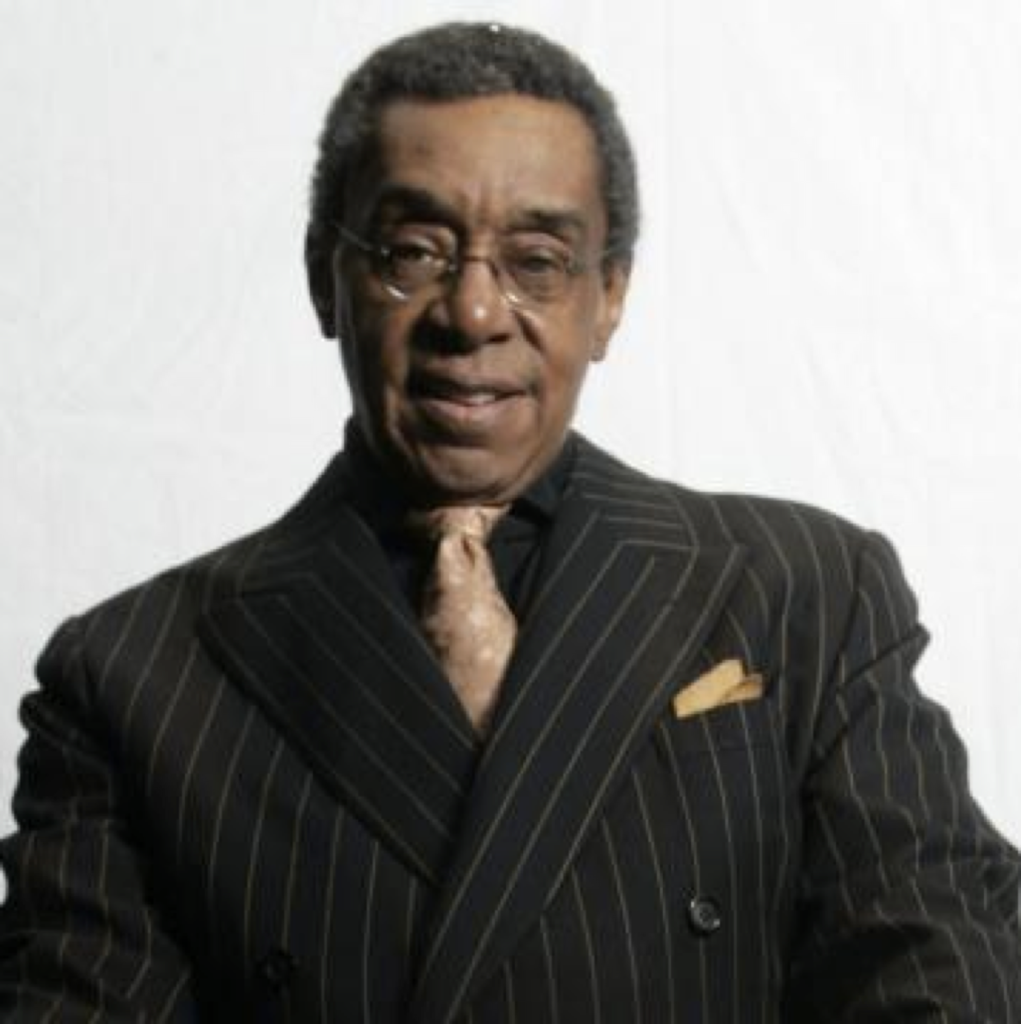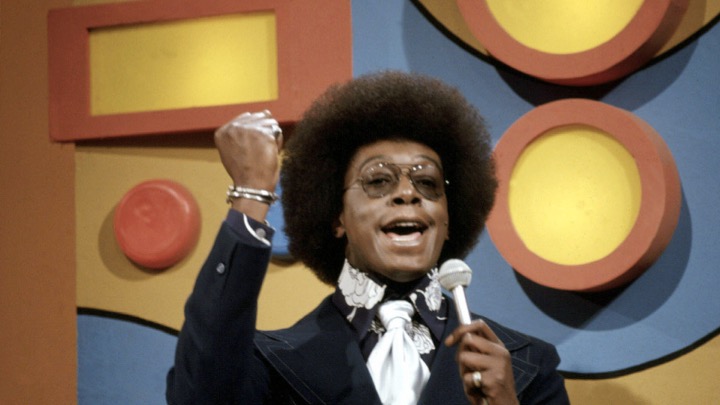
In 2012, longtime host and producer of the iconic television show, Soul Train, died by suicide at the age of 75. Media reports have suggested that Mr. Cornelius took his own life due to severe pain as a result of chronic health illnesses.
One of the most prevalent views within the African-American community is that we do not intentionally kill ourselves. Many of us also believe that suicide is something only white people or spiritually-weak people do, that suicide is a cop-out, and that to even consider it is a “punk move”. However, these apparent suicides and clinical research clearly indicate that African-Americans do commit suicide.
The Sad (And Real) Facts On Black Suicide
According to the American Association of Suicidology, suicides were completed by African-Americans and that suicide was the third leading cause of death among African-American youth. The Centers for Disease Control reported that between 1999 and 2004, young African-American males had the highest rate of suicide. This latter finding is consistent with research that males are more likely to complete suicides whereas females are more likely to attempt suicide.
One reason for the difference is that men tend to choose more lethal means of death than women. But please do not take this to mean that African-American women do not commit suicide; the same 2005 data from the American Association of Suicidology reports of the 1,992 completed suicides among African-Americans that 371 of those deaths were by females. It is also important to note that, generally, there tends to be a underreporting of this behavior, so the numbers may be higher than those cited.
Why Are We Killing Ourselves?
So why do people commit suicide? At the heart of suicidal behavior is the strong desire to be free from suffering, whether that be emotional, mental, and/or physical pain. When we are hurting, we typically engage in behaviors to eliminate or at least lessen the pain. There are several risk factors that may suggest that a person is at a higher risk of committed suicide than others. Some of these risk factors are:
- male
- elderly
- chronic pain
- substance use and abuse
- chronic illness
- lack of social support
- poor response or an unwillingness to engage in mental health treatment
- having a friend or family member that committed suicide
- members of the Armed Forces who have had multiple deployments within a short time span
What To Do If Someone You Know Is In Trouble...
If a friend of a loved one has threatened to harm themselves, do not make the assumption that they are...
...simply seeking attention. In many cases of suicide, the victim made it known to others that they were thinking about ending their lives.
Additional warning signs include:
- feelings of worthlessness
- no hope for the future
- giving away prized possessions
- withdrawing from others
- impulsive behaviors
- feeling trapped
- significant changes in mood
If any of these are present in you or a loved one, please contact the National Suicide Prevention Hotline at 1-800-273-TALK (8255).
The Black Suicide Stigma MUST Change
One of the main differences I have observed in people who have committed or have attempted suicide and others is access to a wide range of resources and the belief they can utilize them. In treatment by a qualified mental health professional, one learns various coping skills to address the causes of their suffering and is provided the support and guidance to put these skills into practice.
The deaths of bright celebrity starts, including Seau and Cornelius are truly heartbreaking...as are the countless deaths of others in the African American community who felt they had nowhere else to turn. Until the Black community takes bolder steps to abandon this crippling suicide stigma, many of the medical community fear that these tragic statistics will only increase.










